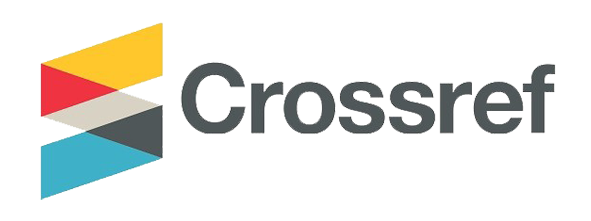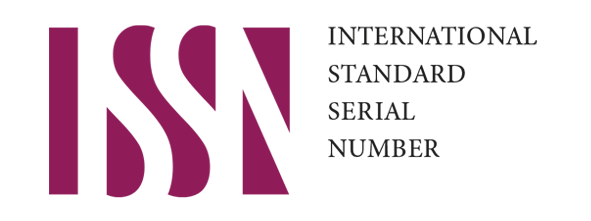The Effect of Application of The Snowball Throwing Learning Model in Increasing Students' Learning Outcomes in Class IV Elementary School PPKN Subjects
DOI:
https://doi.org/10.51178/jsr.v4i2.1518Keywords:
Learning Outcomes, Pancasila and Citizenship Education, Snowball Throwing Learning ModelAbstract
The development of the world in the field of education which is always innovating, can be started with a perspective on universal education and changing the mindset of educators who can be better at carrying out the teaching and learning process. To improve student learning outcomes need to be done in an appropriate and effective way. This method has been put forward by Permendikbud No 22 of 2016 which states that the teaching and learning process in education is carried out in a fun, challenging, inspiring, interactive way, motivating students to participate actively and providing space for creativity. This study aims to see the effect of the snowball throwing learning model on student learning outcomes in Civics subjects in grade IV elementary schools. The type of research used is quantitative, by calculating the population and sample. With a population of all SDIT Nuurul A'Raaf students totaling 751 students and taking samples using the simpler random sampling technique with a total of 54 students. For data collection includes observation, distribution of questionnaires, pretest and posttest. The analytical method used is the validity test, reliability test, normality test, data homogeneity test and hypothesis testing. The results showed that there was a significant difference between the control class using the conventional learning model and the experimental class using the snowball throwing learning model. This shows that the snowball throwing learning model has a significant effect on student learning outcomes in grade IV elementary school civics subjects.
Downloads
Published
Issue
Section
License
Copyright (c) 2023 Education Achievement: Journal of Science and Research

This work is licensed under a Creative Commons Attribution-ShareAlike 4.0 International License.














